
Eight men in U.S. detention have lost their final legal challenge to avoid deportation to South Sudan, a country facing ongoing human rights concerns.
On Friday, Judge Brian Murphy of Boston denied the last-minute appeal following extensive legal activity throughout the day.
The men have been held at a U.S. military base in Djibouti since late May, when courts halted an earlier deportation flight to South Sudan. The U.S. Supreme Court has twice ruled that the Trump administration could deport the men to countries outside their homelands, with its latest decision issued Thursday.
The appeal, filed that night, argued that repeated deportation attempts to South Sudan were “impermissibly punitive,” citing the U.S. Constitution’s prohibition of “cruel and unusual punishment.”
The U.S. State Department advises American citizens to avoid South Sudan due to ongoing armed conflict and has previously accused the country of “extrajudicial killings, forced disappearances, torture and cases of cruel, inhuman and degrading treatment or punishment.”
Legal proceedings
The Justice Department indicated the eight men were scheduled to be flown to South Sudan by 7pm Eastern Time Friday. The deportees are immigrants from countries including Cuba, Laos, Mexico, Myanmar, South Sudan and Vietnam.
Initially assigned to U.S. District Judge Randolph Moss in Washington, D.C., who appeared sympathetic to the deportees’ request, the case was ultimately transferred back to Murphy. Moss briefly ordered the deportation paused until 4:30pm Eastern Time but decided to return the case to Murphy, whose previous decisions led to the Supreme Court rulings.
Murphy had previously issued injunctions against the South Sudan deportations, prompting successful Trump administration appeals.
Before transferring the case, Judge Moss suggested the deportees might prove the Trump administration intended to subject them to abuse. “It seems to me almost self-evident that the United States government cannot take human beings and send them to circumstances in which their physical wellbeing is at risk simply either to punish them or send a signal to others,” Moss stated during the hearing.
Trump administration lawyers argued that continued deportation delays would strain relations with third countries willing to accept deportees.
Murphy, who denied Friday’s request, had previously ruled in favor of the deportees, issuing an injunction against their removal to South Sudan and recognizing their right to contest deportation based on safety concerns.
The Supreme Court first lifted the injunction on June 23 and clarified its ruling again Thursday, subtly rebuking Judge Murphy.
Policy context
The Trump administration has pursued rapid removals as part of its mass deportation campaign, one of President Trump’s key priorities. Critics have accused the administration of disregarding human rights, including due process protections, to achieve its objectives.
The Trump administration has characterized migration as an “invasion” constituting a national security crisis, arguing that aggressive enforcement is necessary to remove criminals.
The eight individuals scheduled for South Sudan deportation were described by the administration as “barbaric, violent criminal illegal aliens” who had been convicted of crimes including first-degree murder, robbery and sexual assault.
“These sickos will be in South Sudan by Independence Day,” Homeland Security spokesperson Tricia McLaughlin stated in a Thursday news release.





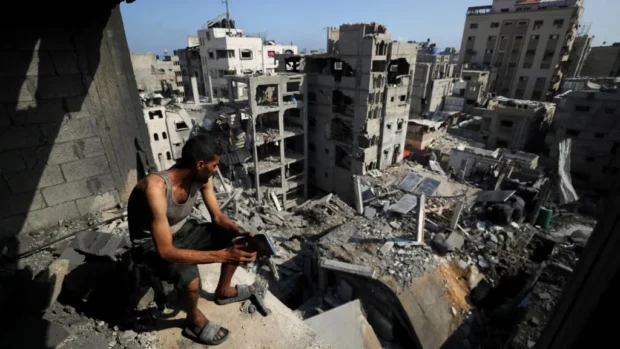


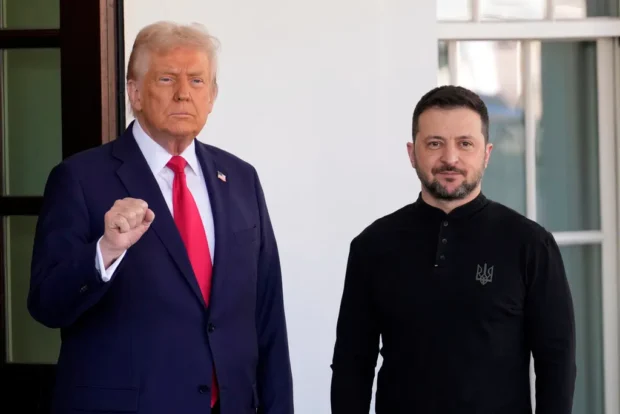
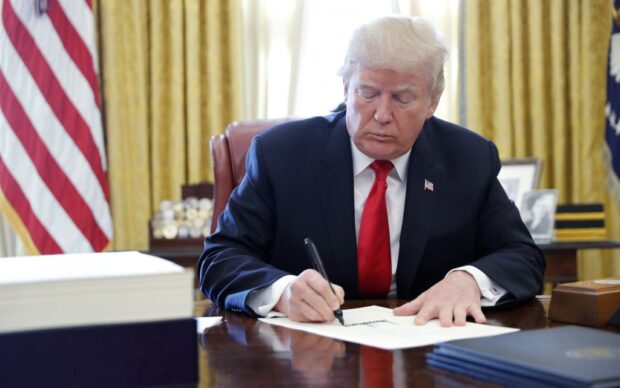
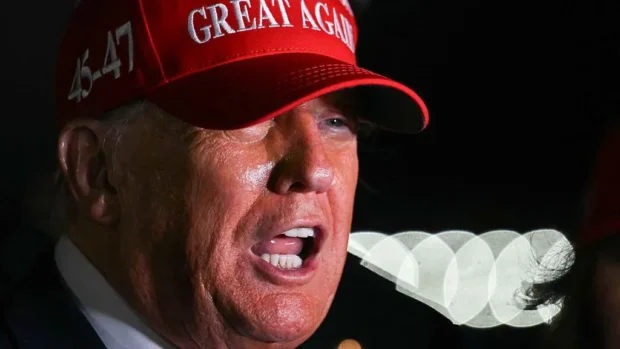

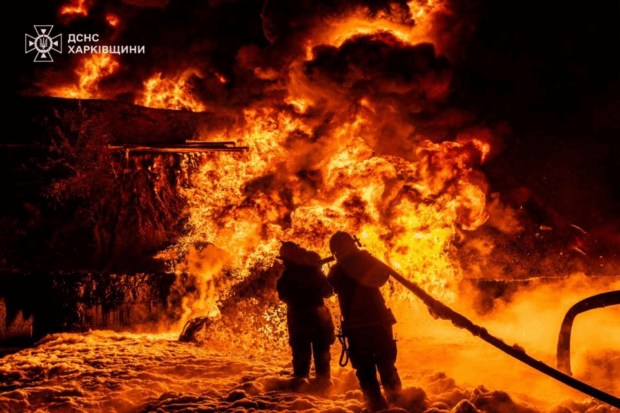

Be the first to leave a comment